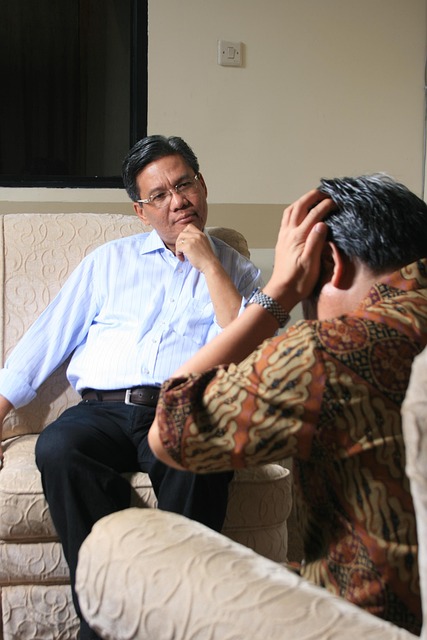Domestic violence has become a pervasive problem in society, and counseling can be an essential step towards recovery for victims. Domestic violence counseling is a confidential process that aims to help survivors of domestic violence overcome the trauma and regain control of their lives. It can be delivered in different formats, including individual, group, or family therapy.
Effective domestic violence counseling starts with building trust between the survivor and the counselor. It provides a safe space to talk about the abuse, explore feelings, and examine the impact of the violence on the survivor’s mental and physical health. Additionally, the counselor can help the survivor to identify unhealthy patterns of behavior and thinking and develop new coping mechanisms. Here are some essential points to consider when it comes to domestic violence counseling.
Firstly, domestic violence counseling helps survivors to understand that the violence they experienced was not their fault. The counselor helps the survivor identify any patterns of self-blame or guilt, and provides them with an understanding that it is the abuser who is responsible for the violence. “It’s not your fault” can be a powerful message that helps survivors heal and develop a positive self-image.
Secondly, the counselor can help survivors to identify and manage their emotions. Survivors of domestic violence may experience a range of emotions such as fear, anxiety, and anger. These emotions can be overwhelming, but counseling can help the survivor develop techniques to manage them. It might involve practicing relaxation techniques, mindfulness, or ways to express feelings in a healthy way.
Thirdly, domestic violence counseling can help break the cycle of abuse. The cycle of abuse involves three phases: the honeymoon phase, followed by a buildup of tension, and then the explosion phase. Counseling can help survivors understand this cycle and provide them with the resources to break free from it. Survivors can learn how to recognize the warning signs of abuse, set boundaries, and develop a safety plan.
Domestic violence counseling can provide survivors with a safe and supportive space to start the healing process. It can help survivors to understand that the violence they experienced was not their fault, develop healthy coping mechanisms, and break the cycle of abuse. Domestic violence counseling can be a long and challenging journey, but with the right support, survivors can regain control of their lives and start a new chapter of recovery. If you or someone you know is experiencing domestic violence, know that help is available. Domestic violence counseling can be a path to healing, growth, and a renewed sense of self-worth.

Leave a Reply